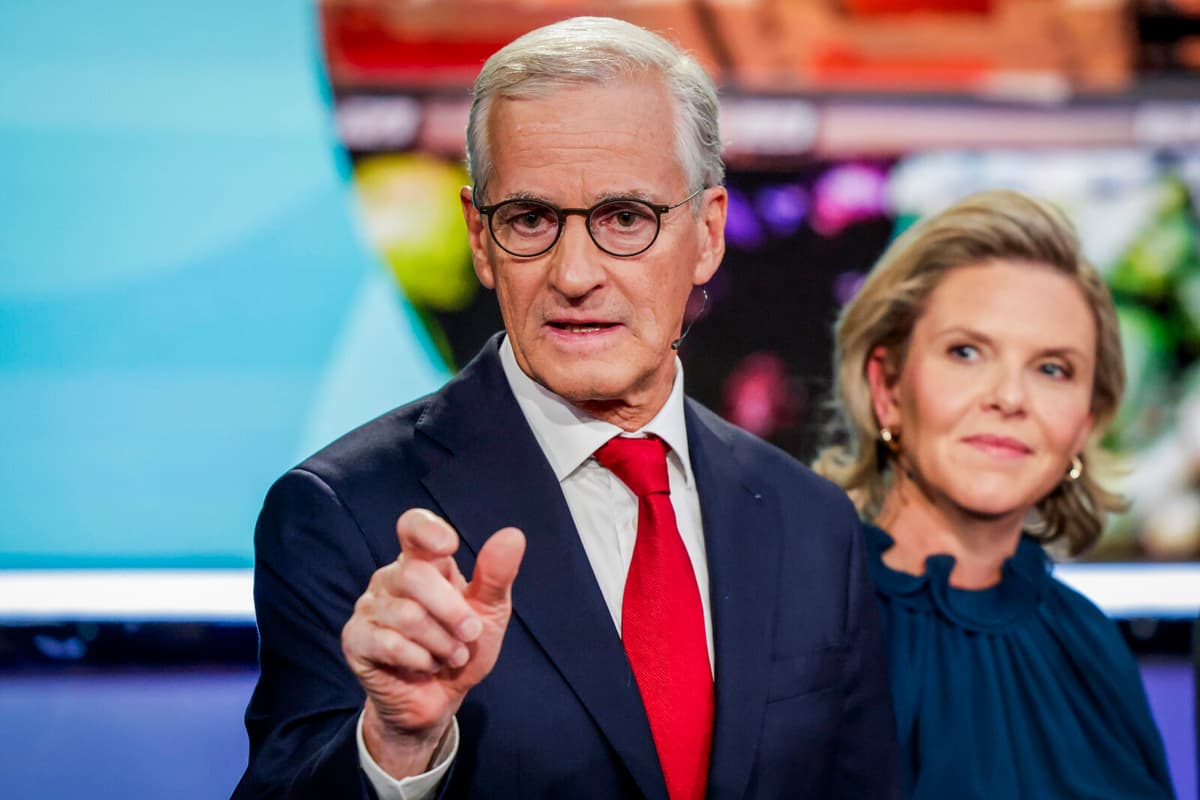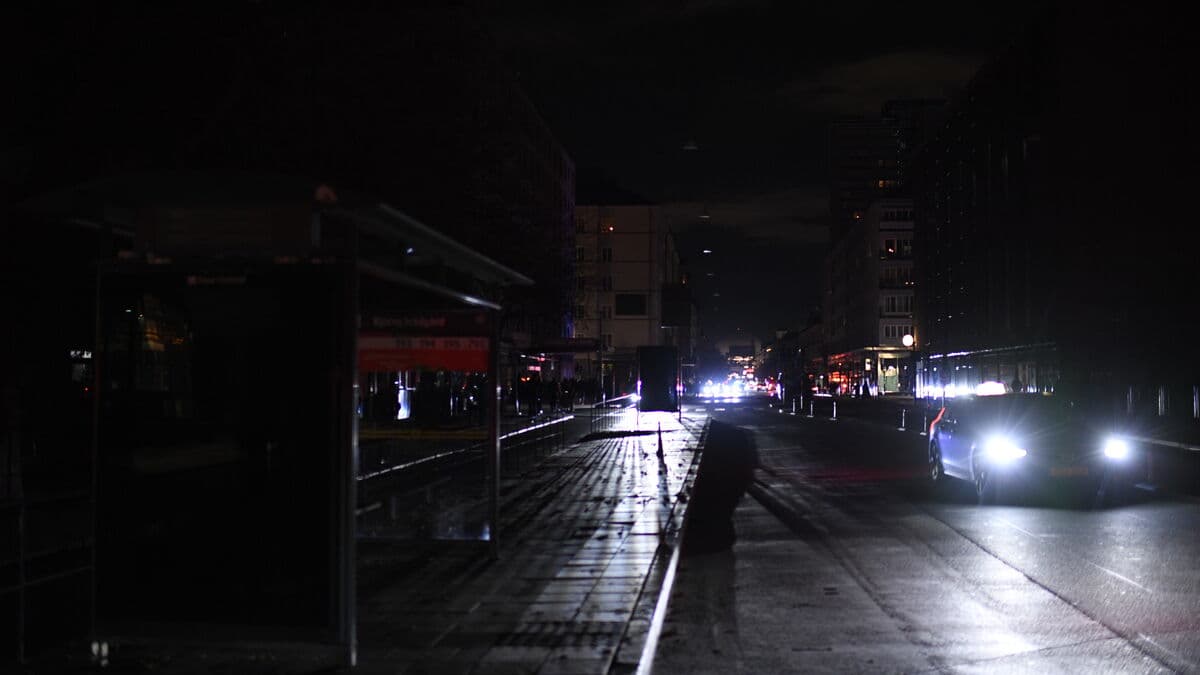The red-green block has continued to have the largest support, according to Norwegian opinion polls. Some of this is attributed to the former NATO chief Jens Stoltenberg. In February, he made a comeback in Norwegian politics, as finance minister. He said yes when Støre asked him to step in after Senterpartiet left the government.
But whether the Labour Party (AP) will be able to form a government again remains to be seen.
In the bourgeois opposition block, Norway's equivalent to The Moderate Party, Høyre (H), is having tough times – a recent measurement showed the lowest support in over 15 years. Instead, it is the right-wing populist Fremskrittspartiet (FRP) that seems to be becoming the second largest party in the election.
FRP, with Sylvi Listhaug at the helm, has reached voter groups where low voter turnout is usually reported.
Unclear leader
If the bourgeois block wins the election, a new decisive question follows: Should Listhaug or Høyre's party leader Erna Solberg take over as prime minister?
Jonas Gahr Støre warned as recently as Sunday evening against an FRP-led government, and Sylvi Listhaug has repeatedly said that the largest party in the block should have the prime minister post.
But Høyre leader Erna Solberg does not see Listhaug as a reasonable prime minister candidate and is counting on support from the other parties in the bourgeois block, writes Aftenposten.
According to Solberg, the uncertainty about who would become prime minister in a bourgeois government can scare away voters and lead to the entire block losing.
There are voters who would rather have a more moderate, bourgeois policy and who will more easily swing to the left if they do not get it, says Solberg to the newspaper.
Ability to cooperate
If, on the other hand, it becomes a victory for the left block, it looks like Jonas Gahr Støre will remain as prime minister, but the party's ability to cooperate will be put to the test.
In the previous election, the party won, flanked by Senterpartiet and Sosialistisk Venstre. Sosialistisk Venstre, however, chose to abstain from entering the government because the parties did not agree on important issues.
In January this year, Senterpartiet also broke off the cooperation with the Labour Party. Since then, the Labour Party has been governing on its own.






